Indoor plants are becoming increasingly popular as a treatment for insomnia. A number of studies have shown that plants can have a positive effect on sleep, with some suggesting that they can help to improve sleep quality and duration.
“If we could see the miracle of a single flower clearly, our whole life would change.” -Buddha
There are a number of different plants that have been shown to be effective in treating insomnia. Some of the most popular include lavender, chamomile, and valerian. These plants all have calming and relaxing properties that can help to promote sleep.
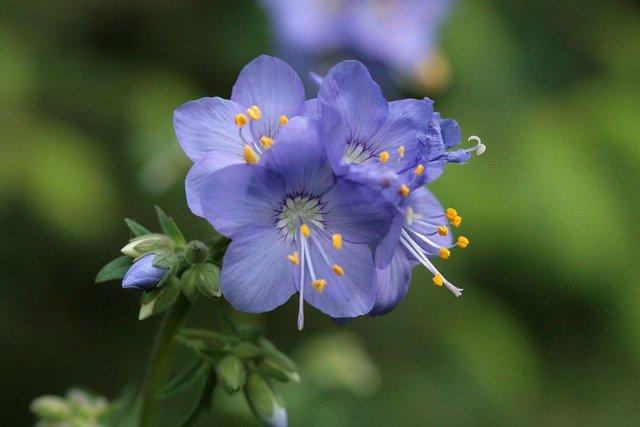
If you are considering using indoor plants to treat your insomnia, it is important to choose the right plant for you. Some plants may be more effective for certain people than others. It is also important to make sure that the plant is kept in a safe and clean environment, as some plants can be toxic if ingested.
You should also speak with your doctor first before using any plant to treat insomnia.
The Latest Research On Using Plants To Treat Insomnia
The latest research on using plants to treat insomnia suggests that some plants may be effective in treating the condition. One study found that valerian root (Valerian officinalis) was effective in treating insomnia. The study found that valerian root was more effective than a placebo in improving sleep quality.
Other studies have found that passionflower (Passiflora incarnata) and lemon balm (Melissa officinalis) may also be effective in treating insomnia. Passionflower has been found to be effective in reducing anxiety and improving sleep quality. Lemon balm has been found to be effective in reducing stress and improving sleep quality.
The Benefits Of Using Plants To Treat Insomnia
There are many benefits to using plants to treat insomnia. Plants can help to improve sleep quality and quantity, reduce stress and anxiety, and improve overall health.
There are a variety of plants that can be used to treat insomnia. Some of the most popular plants for treating insomnia include: chamomile, lavender, valerian, and passionflower.
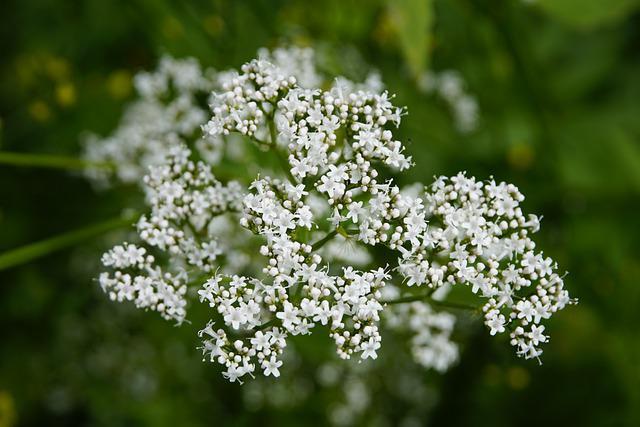
- Chamomile is a popular herb for treating insomnia. Chamomile tea has been shown to improve sleep quality and quantity. It can also reduce stress and anxiety.
- Lavender is another popular herb for treating insomnia. Lavender oil has been shown to improve sleep quality and quantity. It can also reduce stress and anxiety.
- Valerian is a popular herb for treating insomnia. Valerian root has been shown to improve sleep quality and quantity. It can also lower anxiety levels.
- Passionflower is a popular herb for treating insomnia. It has been shown to improve sleep quality and quantity.
How To Choose The Right Plant For Treating Insomnia
There are a few things to keep in mind when choosing a plant for treating insomnia. The plant should be safe to consume, and it should be effective in treating the symptoms of insomnia. The plant should also be easy to find and affordable.
There are many plants that can be used to treat insomnia, but not all of them are equally effective. Some plants, such as chamomile, have a long history of use as a treatment for insomnia. Chamomile is a safe plant to consume and it is effective in treating the symptoms of insomnia. Chamomile is also easy to find and affordable.
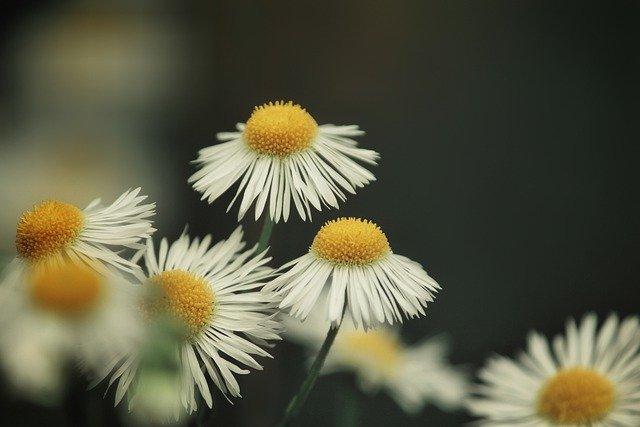
Other plants, such as valerian, have a more limited history of use as a treatment for insomnia. Valerian is a safe plant to consume and it is effective in treating the symptoms of insomnia. It is also easy to find and affordable.
When choosing a plant for treating insomnia, it is important to choose a plant that is safe to consume and that is effective in treating the symptoms of insomnia. The plant should also be easy to find and affordable.
The Top 10 Plants For Treating Insomnia
1. Valerian
Valerian is a flowering plant that is native to Europe and Asia. It has been used for centuries as a natural remedy for insomnia and anxiety. The active ingredients in valerian root are thought to be valerenic acid and valerenol, which have sedative and anxiolytic effects. A review of the research found that valerian is effective in treating insomnia and is generally well-tolerated with few side effects.
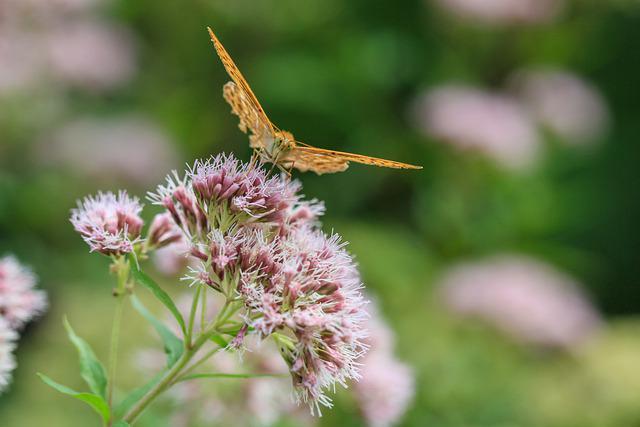
2. Passionflower
Passionflower is a climbing vine that is native to the United States. It has been used traditionally as a herbal remedy for anxiety and insomnia. The active ingredients in passionflower are thought to be harmine, harmane, and luteolin. A review of the research found that passionflower is effective in treating insomnia and is generally well-tolerated with few side effects.
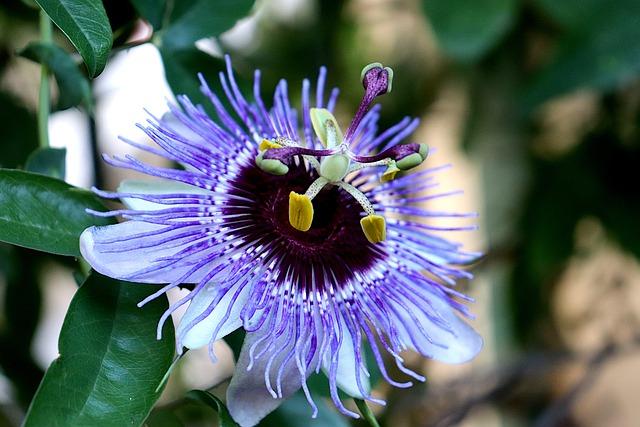
3. Lemon balm
Lemon balm is a perennial herb that is native to Europe. It has been used traditionally as a calming and sleep-promoting agent. The active ingredient in lemon balm is thought to be citronellal. A review of research found that lemon balm is effective in treating insomnia and is generally well-tolerated with few side effects.
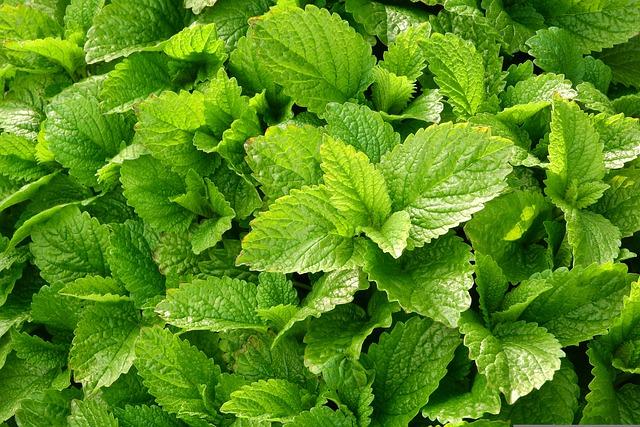
4. Chamomile
Chamomile is a flowering plant that is native to Europe and Asia. It has been used for centuries as a natural remedy for insomnia and anxiety. The active ingredient in chamomile is thought to be apigenin. A study showed that chamomile is effective in treating insomnia and is generally well-tolerated with few side effects.
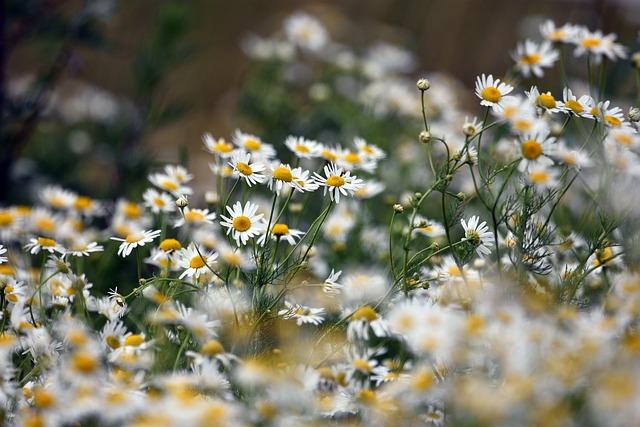
5. Lavender
Lavender is a flowering plant that is native to Europe and Asia. It has been used traditionally as a natural remedy for insomnia, anxiety, and depression. The active ingredients in lavender are thought to be linalool and linalyl acetate. According to a research review, lavender is effective in treating insomnia and is generally well-tolerated with few side effects.
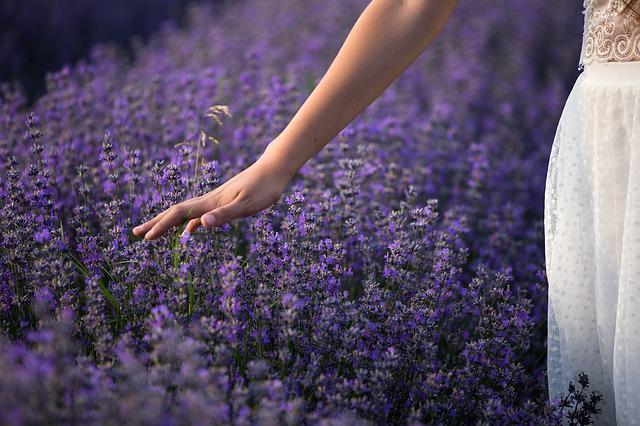
6. Magnolia bark
Magnolia bark is the bark of the magnolia tree, which is native to China. It has been used traditionally as a natural remedy for anxiety and insomnia. The active ingredient in magnolia bark is thought to be honokiol. A study found that magnolia bark is effective in treating insomnia and is generally well-tolerated with few side effects.
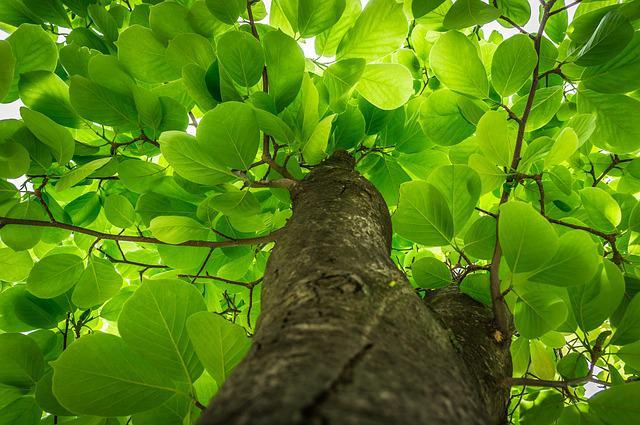
7. Hops
Hops are the flowers of the hop plant, which is native to Europe. They have been used traditionally as a flavoring agent in beer and as a natural remedy for anxiety and insomnia. The active ingredient in hops is thought to be humulone. According to a research review, hops are effective in treating insomnia and is generally well-tolerated with few side effects.
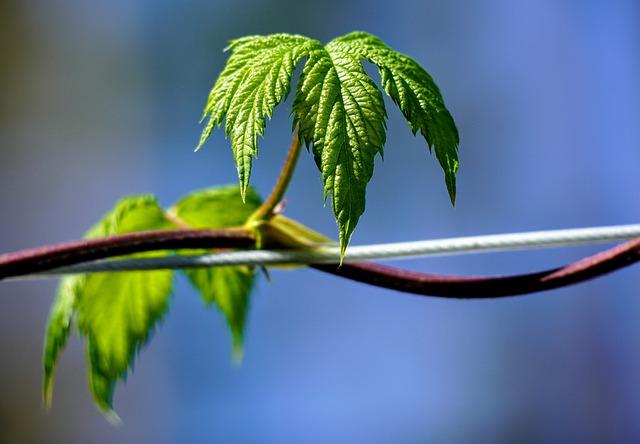
8. Skullcap
Skullcap is a perennial herb that is native to North America. It has been used traditionally as a natural remedy for anxiety and insomnia. The active ingredient in skullcap is thought to be baicalin. According to a research review, skullcap is effective in treating insomnia and is generally well-tolerated with few side effects.
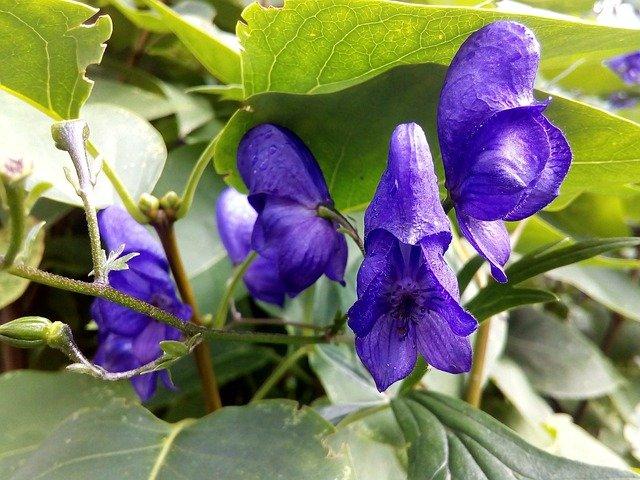
9. St. Johns wort
St. Johns wort is a perennial herb that is native to Europe and Asia. It has been used traditionally as a natural remedy for anxiety and depression. The active ingredient in St. Johns wort is thought to be hyperforin. A study found that St. Johns wort is effective in treating insomnia and is generally well-tolerated with few side effects.
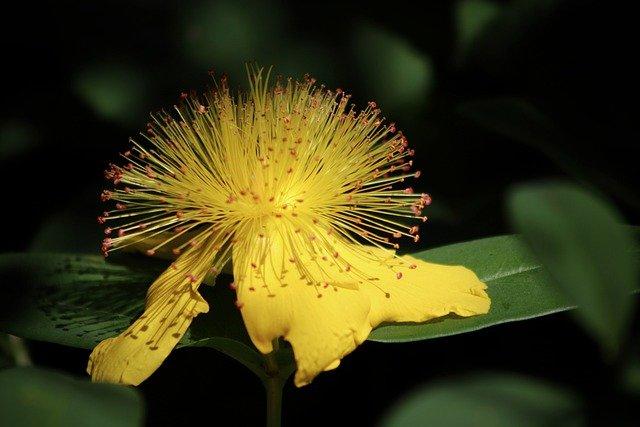
10. Kava
Kava is a perennial herb that is native to the Pacific Islands. It has been used traditionally as a ceremonial drink and as a natural remedy for anxiety and insomnia. The active ingredient in kava is thought to be kavalactones. According to a research review, kava is effective in treating insomnia and is generally well-tolerated with few side effects.
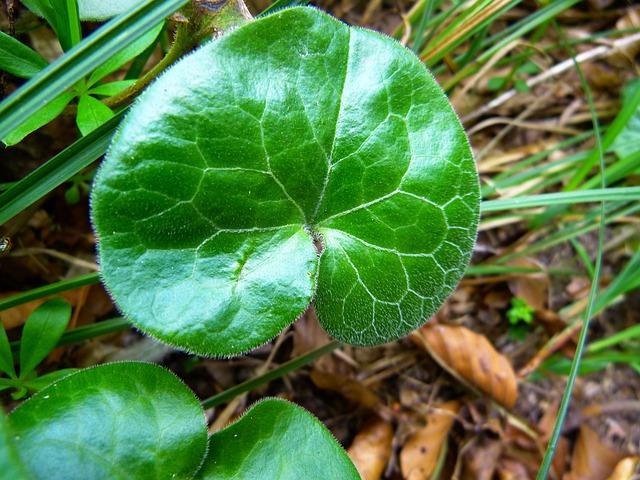
The Best Plants For Treating Insomnia
There are many different plants that can be used to treat insomnia. Some of the most effective include:
1. Valerian Root
Valerian root is a popular herbal remedy for insomnia and anxiety. It works by increasing levels of a neurotransmitter called GABA, which promotes relaxation.
2. Passionflower
Passionflower is another herb that can be used to treat insomnia. It works by increasing levels of GABA and reducing levels of the stress hormone cortisol.
3. Hops
Hops is a plant that is used to make beer. It contains a compound called humulone, which has sedative effects.
4. Lavender
Lavender is a popular essential oil that has relaxing and calming effects. It can be used in a diffuser or added to a bath.
5. Chamomile
Chamomile is a popular herbal tea that has calming effects. It works by increasing levels of the neurotransmitter serotonin.
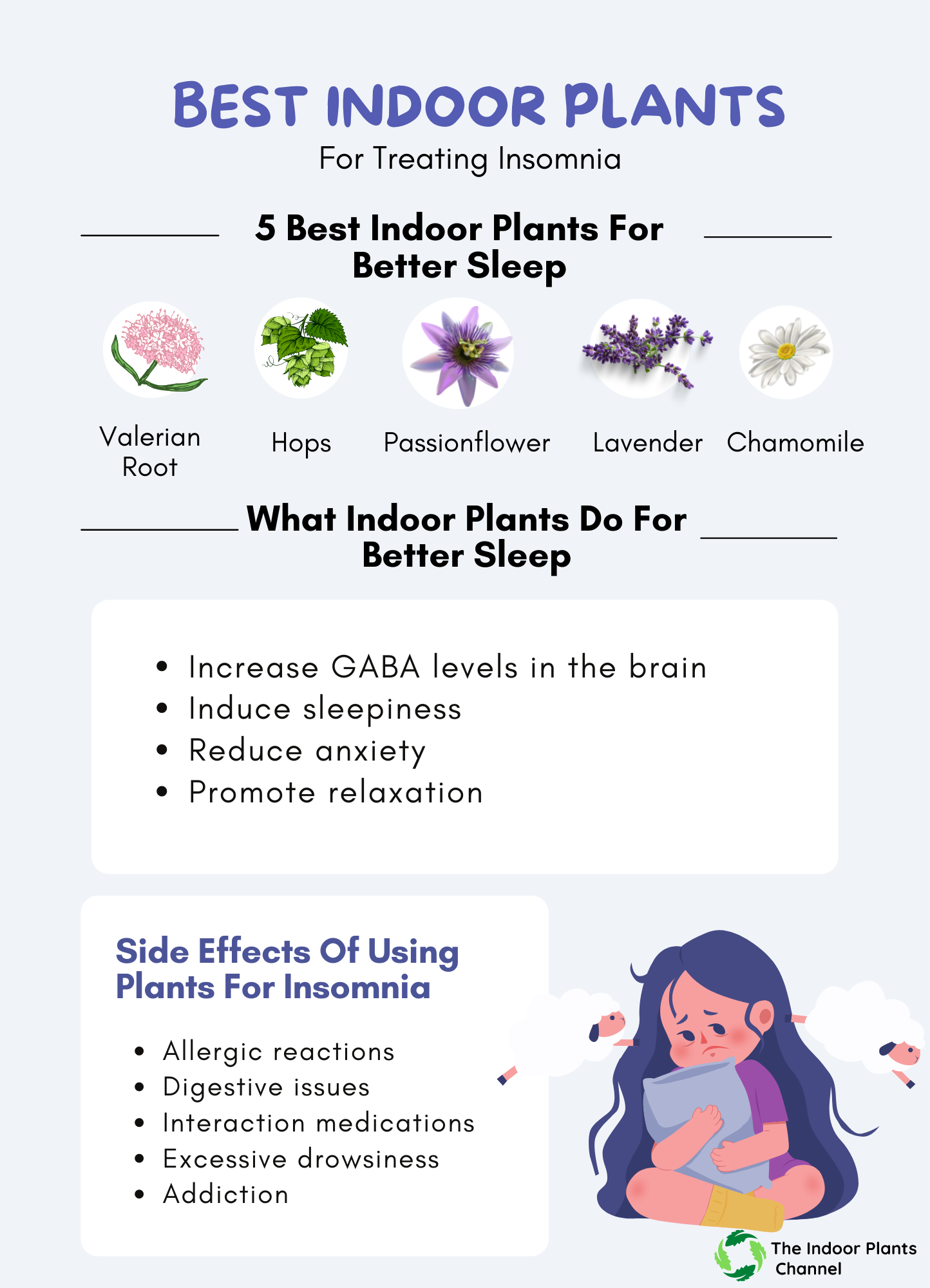
These are just a few of the many plants that can be used to treat insomnia. Talk to your doctor or a qualified herbalist to find the best plant for you.
How To Use Plants To Treat Insomnia
There are many plants that can be used to treat insomnia. Some of these include:
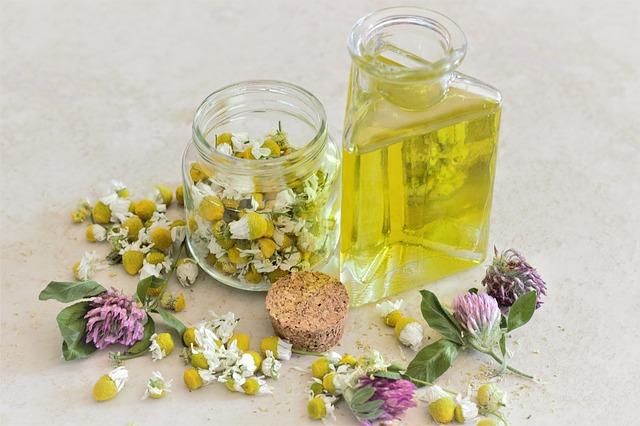
1. Valerian Root
Valerian root is a popular herb that is used to treat insomnia. It is thought to work by increasing levels of GABA in the brain, which has a calming effect. Valerian root can be taken in capsule form or as a tea.
2. Chamomile
Chamomile is a herb that has long been used as a natural remedy for insomnia. It is thought to work by inducing sleepiness and reducing anxiety. Chamomile can be taken in capsule form or as a tea.
3. Passionflower
Passionflower is another herb that is commonly used to treat insomnia. It works by reducing anxiety and promoting relaxation. Passionflower can be taken in capsule form or as a tea.
4. Lavender
Lavender is a popular essential oil that is often used to treat insomnia. It promotes relaxation and reduces anxiety. Lavender can be diffused in an essential oil diffuser or used in a relaxation massage.
5. Lemon Balm
Lemon balm is an herb that is sometimes used to treat insomnia. It is thought to work by promoting relaxation and reducing anxiety. Lemon balm can be taken in capsule form or as a tea.
The Risks Of Using Plants To Treat Insomnia
There are a few risks to using plants to treat insomnia.
- Some plants can have side effects if not used properly.
- Some plants can interact with other medications you are taking.
- It’s not all plants that are equally effective in treating insomnia. Thus, talk to your doctor or a qualified herbalist before using plants to treat your insomnia.
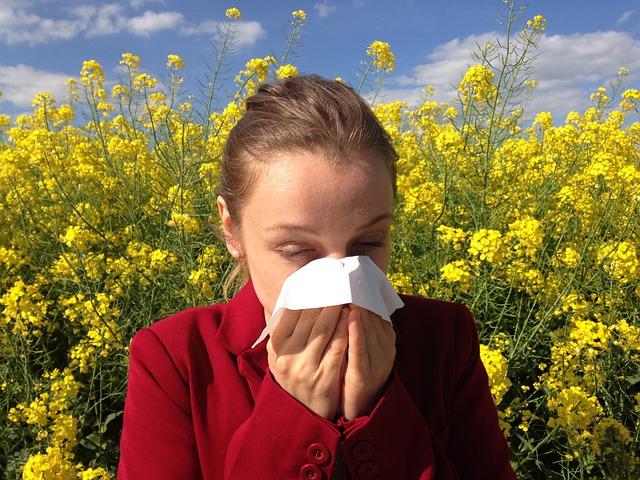
The Side Effects Of Using Plants To Treat Insomnia
There are a few potential side effects to using plants to treat insomnia. These include:
- Allergic reactions.
Some people may be allergic to certain plants or plant compounds. This can cause symptoms like itching, swelling, and difficulty breathing. If you experience any of these symptoms after using a plant to treat insomnia, stop using it and see a doctor right away.
- Interactions with other medications.
Some plants can interact with other medications you may be taking. This can make those medications less effective or cause other side effects. If you’re taking any medications, talk to your doctor before using plants to treat insomnia.
- Digestive issues.
Some plants can cause digestive issues like nausea, vomiting, and diarrhea. If you experience any of these symptoms after using a plant to treat insomnia, stop using it and see a doctor right away.
- Excessive drowsiness.
While drowsiness is the desired effect of using plants to treat insomnia, some plants can cause excessive drowsiness. This can be dangerous if you have to drive or operate machinery. If you experience excessive drowsiness after using a plant to treat insomnia, stop using it and see a doctor right away.
- Addiction.
Some people may become addicted to the plants they use to treat insomnia. This can lead to withdrawal symptoms when they stop using the plant. If you think you may be addicted to a plant, talk to your doctor.
Frequently Asked Questions
What are some of the latest research findings on using plants to treat insomnia?
There have been a number of studies conducted in recent years on the use of plants to treat insomnia. Some of the most promising findings have come from studies on the use of lavender.
How does lavender help to treat insomnia?
Lavender has been shown to help reduce anxiety and promote relaxation. It is thought to work by increasing levels of the neurotransmitter GABA in the brain. This helps to reduce the activity of the nervous system and promotes feelings of calmness and relaxation.
Are there any other plants that have been shown to be effective in treating insomnia?
There are a number of other plants that have been shown to be effective in treating insomnia. These include chamomile, passionflower, and valerian.
How can I use plants to treat my insomnia?
There are a number of ways that you can use plants to treat your insomnia. One of the most effective ways is to use a lavender-infused pillow spray. This can help to promote relaxation and reduce anxiety. You can also try drinking chamomile tea before bed or using a passionflower tincture.
Are there any risks associated with using plants to treat insomnia?
There are no known risks associated with using plants to treat insomnia. However, it is always best to speak to a healthcare professional before starting any new treatment.
Bonus Tip
- Place the plant in your bedroom to help you sleep better at night.
- Use the plant to make a natural herbal tea that can be drunk before bedtime.
- Make a compress with the plant to help ease tension and promote relaxation.
- Keep the plant in your living room or other relaxing space to help reduce stress levels.
- Use the plant in aromatherapy to help promote a sense of calm and relaxation.
- Talk to your doctor or a naturopathic doctor to see if using plants to treat your insomnia is right for you.
Conclusion
Although there is still more research to be done on the matter, treating insomnia with plants appears to be a promising natural remedy. Herbal teas, tinctures, and essential oils are all easy to find and relatively inexpensive, making them a great option for those looking for a drug-free way to get a good night’s sleep. The post above includes potential plants that work well for insomnia and how to use them perfectly.
Michelle Wilde
Related posts
2 Comments
Leave a Reply Cancel reply
![]()
About Michelle Wilde
Michelle Wilde is a stay-at-home mom and avid plant lover. Armed with a post-graduate degree in Computer Science (no kidding!), she loves researching plants and landscapes. When she is not caring for her 4 kids, she spends time on her passion for plants. She blogs at www.indoorplantschannel.com, the trusted source for indoor plants.
Learn more
Subscribe
* You will receive the latest posts and updates about indoor plants!
Search
Recent Posts
Categories
- FAQ (218)
- General (1)
- How-To Guides (220)
- Indoor Plants (220)
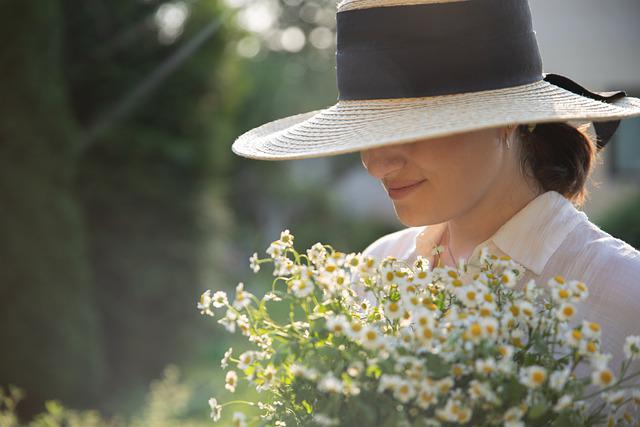
[…] 6 days ago 12 min read […]
[…] is some science to back up the claim that certain plants can help treat insomnia. A study done in 2008 found that lavender oil was effective in treating insomnia. The study found […]